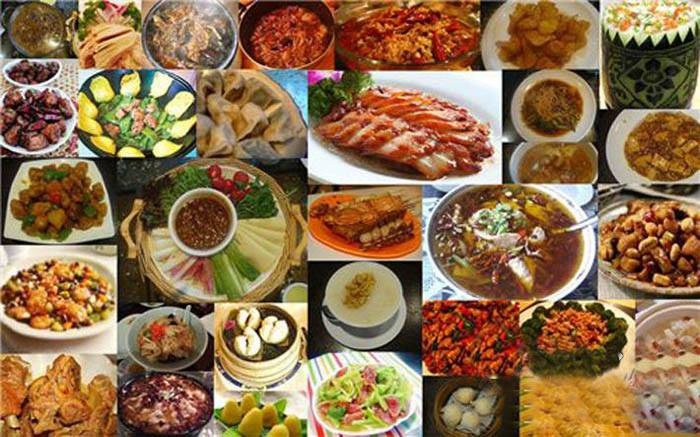`I just returned from a week-long trip to Azerbaijan, a country on the Caspian Sea. I was there for an international conference and to see the remarkable Jewish community that has thrived there for centuries - that`s a whole other story, to come - but of course, a person has to eat.
There were 800 participants in the International Humanitarian Conference, and we were wined, dined and in all ways treated as honored guests of the president of this small, oil-rich nation. And the Azerbaijani food, which I knew nothing about before I arrived, turned out to be yet another pleasant surprise in a country full of them.
Azerbaijan, unlike, say the Emirates, has an ancient food tradition and culture developed along the Silk Route. There was cuisine and culture before there was enormous wealth.
The country sits just north of Iran, Armenia and Iraq, and shares borders with Russia and Georgia to the north and Turkey to the west. Its climate ranges from desert to rolling farmland to high mountains. That all makes for great ingredients, and a few thousand years of culture and trade to know what to do with them.
One thing I didn`t expect, given how far I`d traveled to get there, was how familiar many of the foods were. If you`ve eaten on Westwood Blvd., you`ve sampled a lot of the dishes you`ll find in Azerbaijan - the Persian influence is that strong. That said, the warm and hospitable Azerbaijani people always seemed to grow stone-faced when I would say that a certain dish was "just like Persian food."
"No," a chef corrected me. "It`s Azerbaijani."

Fair enough: lesson learned. If you want to insult a beautiful woman, tell her she remind you of some other beautiful woman. If you want to insult an entire People, tell them their food reminds you of some other country`s food.
The Azerbaijani breakfast buffet at the Kampinski Hotel in Baku featured many locally made products. Jams of mulberry and dogwood, fresh yogurt, sheep and goat cheese, and one of the highlights of my eating there: an entire frame of fresh local honeycomb, which guests could hack away at and add to their yogurt. The waxy cells melted in my mouth, and the honey inside was fresh and floral.
The formal lunches and dinners at the conference featured starters of lamb-stuffed vegetables and grape leaves, which the waiters always drizzled with yogurt sauce, a platter of local cheese, then some kind of grilled meat, a very fragrant herbal meat stew, and pilaf. One day we drove high up to the Caucasus where we ate at the Zirve Hotel, a brand new ski resort. Tuxedoes waiters served kuku, the herb frittata that begins most meals, along with local farm-raised trout.
The stews and soups had the herbal and sour flavors you find in Persian cuisine - but of course they weren`t Persian, they were Azerbaijani.
One day at lunch I wandered into a restaurant in Old Baku called the Old Garden. It just looked good. Two women at the next table told me I was in luck: one was a professor at Baku University and she said Old Garden was by far the best place for an authentic Azerbaijani lunch. I let her order something light for me: dushbara soup with small lamb-filled dumplings called pelmenyi, and two quttabs. These are turnovers made from a thin, hand-rolled dough, stuffed with vegetables or meat and cooked on a griddle. To finish, I had tea with candied watermelon.
Azerbaijan is a Shiite Muslim country, but with no state religion and separation of church and state. The wine industry there, started by either Armenians or Jews, produces excellent dark red Shiraz. The grape, known here as the syrah, is actually a native to Persia - or to Azerbaijan.
Yes, you can get a sense of Azerbaijani food by eating Persian in Westwood, but for the real thing head to Baku. Or head to Brooklyn and visit the Old Baku restaurant, which a diplomat told me was the best Azerbaijani food in America.
"The owner is a Jewish man from Azerbaijan," he said.
Like a I said, a country full of pleasant surprises.`
More about:
















































